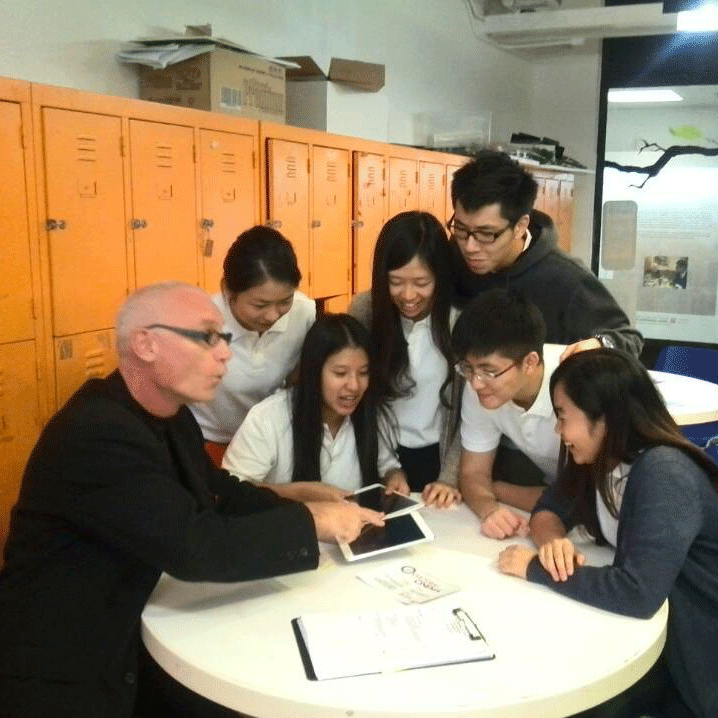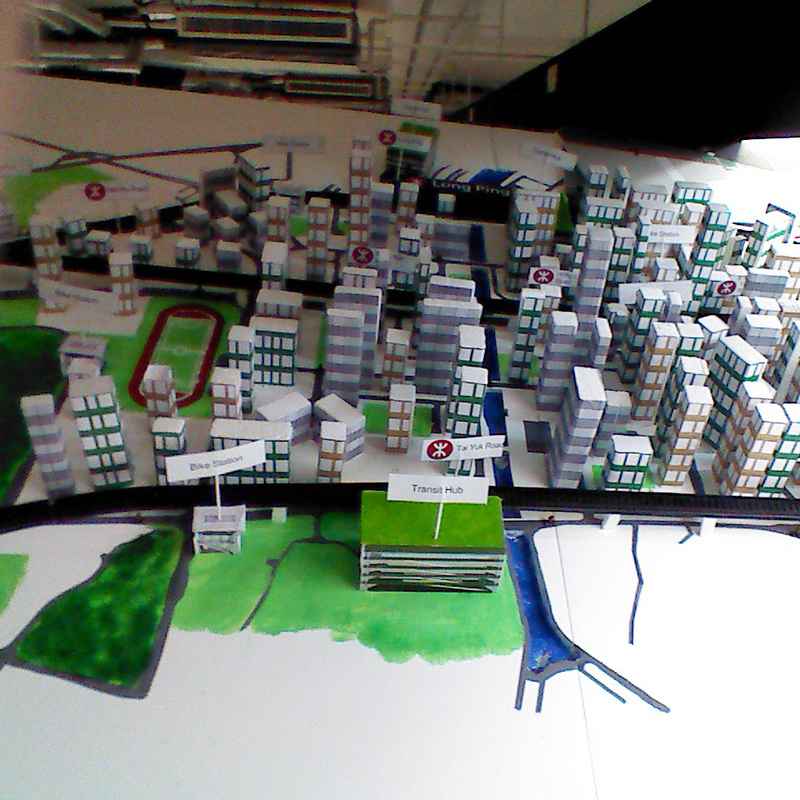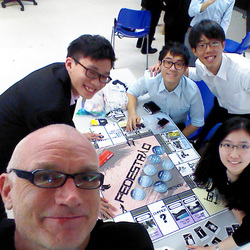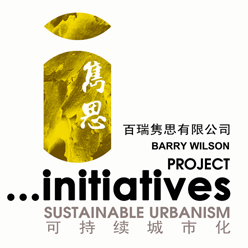|
This semester I was pleased to be able to act as Facilitator to Year 3 Students on their Surveying Studio course (RECO3017), within the Department of Real Estate and Construction Management at the University of Hong Kong. The students were given a 90 day period in which to arrange themselves into groups, select their own facilitator and then work together with their facilitators to develop their own Studio Project.
This is what they came up with… some really great stuff!!!
0 Comments
Leave a Reply. |
Studio theme for 2014:
The Smart City – Building a Sustainable Hong Kong Hong Kong , like many other cities around the world, is facing a host of challenges – these include an ageing population, pollution, climate change, traffic congestion, lack of affordable housing, rising costs of urban infrastructure, poverty and social tensions - all of which lead to reduced quality of life of the inhabitants. In the past decade the idea that technology, and in particular ICT, can be used to successfully alleviate many of these challenges has grown in popularity. The concept of the ‘smart city’ has emerged and many leading cities around the world now have smart city initiatives. "Think about it...." Using Digital Technology to tackle Social Exclusion At present close to half of the world population lives in cities. It is estimated that urbanisation will continue, and in 2050 more than 70% of the world population will be living in urban areas. Cities offer great opportunities for their inhabitants, however as they grow, costs of meeting basic needs increase, so too do the pressures on the environment and natural and social resources. |
Services |








